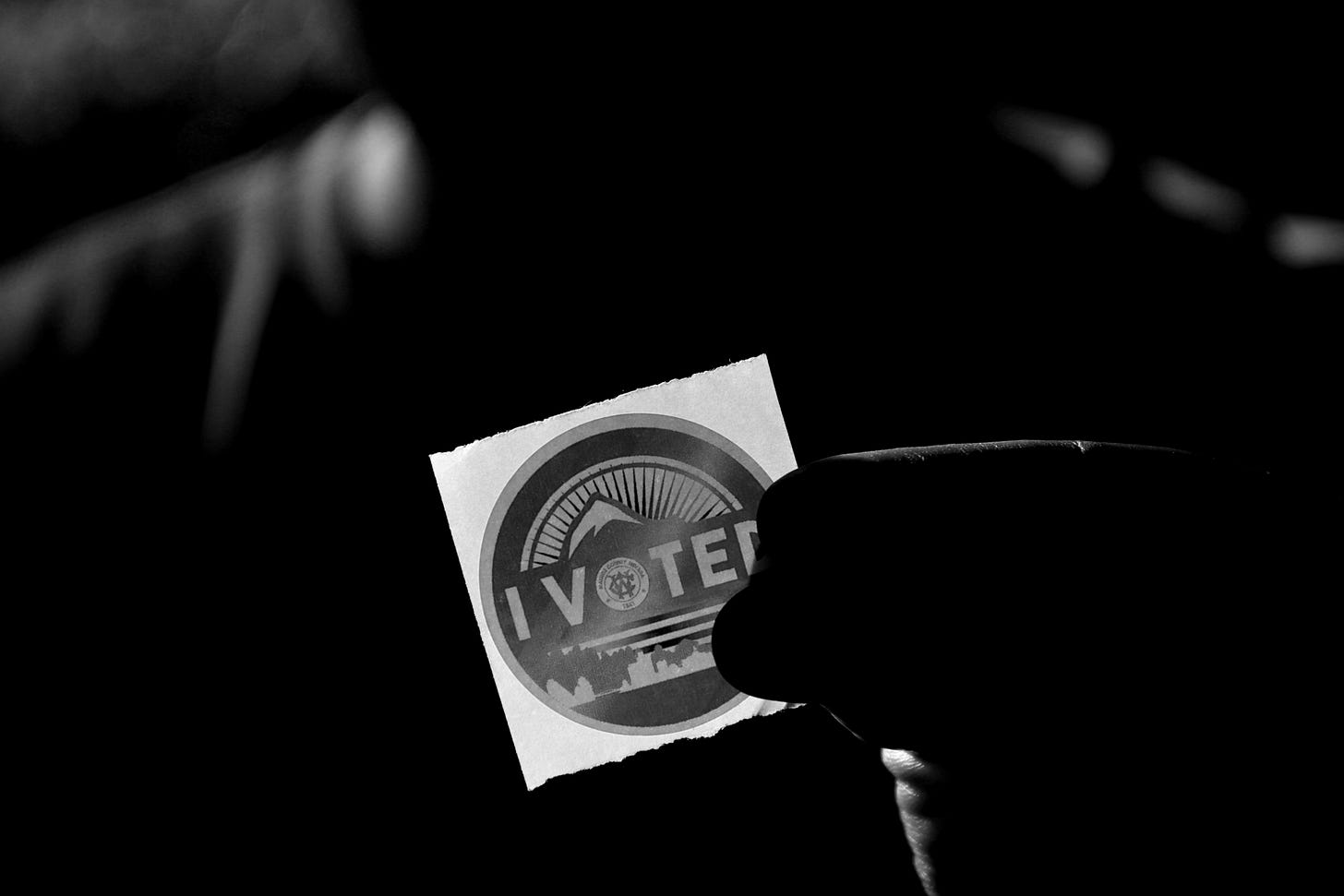On The United States Elections And Incentives For Autocrats.

It is said of Mobutu Sese Seko of Zaire(today’s Democratic Republic of the Congo) that he once told Rwanda’s president, Juvénal Habyarimana, “I’ve been in power in Zaire for thirty years, and I never built one road.” Why? As he explained to Habyarimana, “Now they are driving down your roads to get you.”
Indeed, when Joseph Mobutu came to power in 1965, Zaire had about ninety thousand miles of roads. Thirty-two years later, when he was finally deposed, only about six thousand miles remained, just enough to sell goods and not enough to make it easy to get to Mobutu. Throughout his rule, before being overthrown by Laurent Kabila in 1997, Congo experienced almost unbroken economic decline and mounting poverty. He created a highly oppressive economic environment. The citizens were impoverished, but he and the elite surrounding him, known as Les Grosses Légumes (the big vegetables), became fabulously wealthy.
Naturally, wouldn’t everyone, particularly our leaders, want to build prosperous nations and societies, economically or otherwise?
Apparently, not. As the authors of The Dictator’s Handbook illustrate: Where politics are concerned, ideology , nationality, and culture don’t matter all that much. Politics is about getting and keeping political power. It is not about the general welfare of “we the people.” Like all of life, it is mostly about individuals, each motivated to do what is good for them, not what is good for others.
From this lens, we understand the nature of autocrats. Investments into anything other than that which keeps them in power is but a waste of resources. For this reason, autocrats or would-be autocrats would rather pay the army more wages, service their internal allies in a mountain of cash, than build public infrastructure to aid service delivery for the general populace. All this, of course you know, is in exchange for loyalty. And thus, a symbiotic relationship forms, where money and resources are channeled to a few elite and iron arm of the state, and in return, the incumbent is protected and kept in power.
Zimbabwe, in the context of this phenomenon of kleptocratic rule, is often beloved by literary scholars as a befitting example. For me, this is unfortunate, for obvious reasons—being born and bred there. And, as fate would have it, or as a consequence of migration, I got to witness the US election first hand. Thus, drawing parallels is inevitable, although warranted. What is comical to me, a sentiment also expressed by an old friend of mine, is how as Zimbabweans, for the most part, it seems we have been desensitized to our suffering. Or maybe it is only to be human; that you only snap out of the gravity of your oppression once exposed to something better. Here, my friend says for him it was traveling to South Africa from Zimbabwe, and every time while there, he would get a sense of what is possible and the somewhat disillusionment of his own experience at home. Likewise, from the American election, the same feeling emerges—democracy is functional in the United States.
To the extent of ideal democracy, maybe American democracy is not so functional, but juxtaposed with the Zimbabwean democratic project, it works far much better. And here’s why and where the lesson to impart is: because to get and keep power in the United States, for all we know, there’s a massive respect for the voter and the protection of the vote, leaders are incentivized to invest in proper democratic processes and transitions of power. In Zimbabwe, or a many other states in the African region and the world at large, the opposite—election violence, missing ballots, weaponized community leaders, election results manipulation, military tanks in the street, post election citizen protest, refusals to step down, unrepentant abuse of state institutions, and worse off, coups, is true and often the norm.
Beyond the politics of identity and personality cult, seeing how election results can come and be announced in real time was a refreshing and beautiful thing to witness. All this not to hail America as a perfect democracy. No! In any case, there are no perfect ones. Only those that don’t unapologetically suppress the voice and will of the people. Also, it cannot be a question of resources but rather, of political will. From this, I lament the way elections are conducted in my country. It would be a shame if in the coming years, nothing changes.
However, all hope is not lost.
On October 30, Duma Boko of the Umbrella Democratic Change (UDC) won the general elections, ending the Botswana Democratic Party’s (BDP) 58-year rule since Independence. President Mokgweetsi Masisi conceded defeat, acknowledging the UDC's victory. In a smooth transition, Boko was inaugurated as president on November 1, 2024, marking a historic shift in Botswana's political landscape. Given the scenes at the Inauguration where leaders and opposition leaders from Africa were present, the future of Southern Africa, and that of Zimbabwe in particular, looks bright.
In isiNdebele, we say, 'okuhle kuyabukwa'—that which is good is to be admired. For my people, who have long held a traumatic relationship with elections, we watch the achievements of others with admiration, hoping that one day, we too will share in this experience.
SOURCES:
I first read about Mobutu in The Dictators Handbook by Bruce Bueno de Mesquita and Alastair Smith.
The Mobutu story is also extended and explored greatly in Why Nations Fail by Daron Acemoglu and James A. Robinson.



Thanks for writing this! I enjoyed reading your perspective on the us election and it is so well written and thoughtful